This is wholly interesting: a Turkish-born singer, performing (in Greek) a song written by a refugee from the Turkish destruction of Smyrna (Panagiotis Tountas) and originally sung by an Istanbul-born Greek (Antonis Dalgas), who was also forced to flee to Athens. We’re returning to some roots here, in a way.
Çiğdem Aslan (the first name is pronounced Chee-dem, according to the internet) is a world music star, born into a Turkish-Alevi family in Istanbul. While studying English Lit in Istanbul, she was already performing rebetiko, Sephardic music and Turkish folk music. When she moved to London to study music, she began performing with well-respected Balkan, rebetiko and klezmer bands, earning praise for the quality of her vocals. As well as her extensive work in Greek, she has sung in Turkish, Kurdish, Bosnian, Bulgarian, Romany and Ladino.
In 2013 and again in 2016, she recorded albums of Smyrneika and Piraeus-style rebetika (Mortissa and A Thousand Cranes). Mortissa was named one of the best albums of 2013 by both fRoots and Songlines magazines.
The rather dramatic Uncle Giannakakis has become a staple of the rebetiko repertoire since is was recorded by Haris Alexiou on a 1983 album. Aslan’s live version, from a concert in Budapest in 2015, is backed by four Greek musicians: Nikos Baimpas on kanun, Michalis Kouloumis on violin, Loukas Metaxas on double bass and Vasilis Sarikis on percussion.
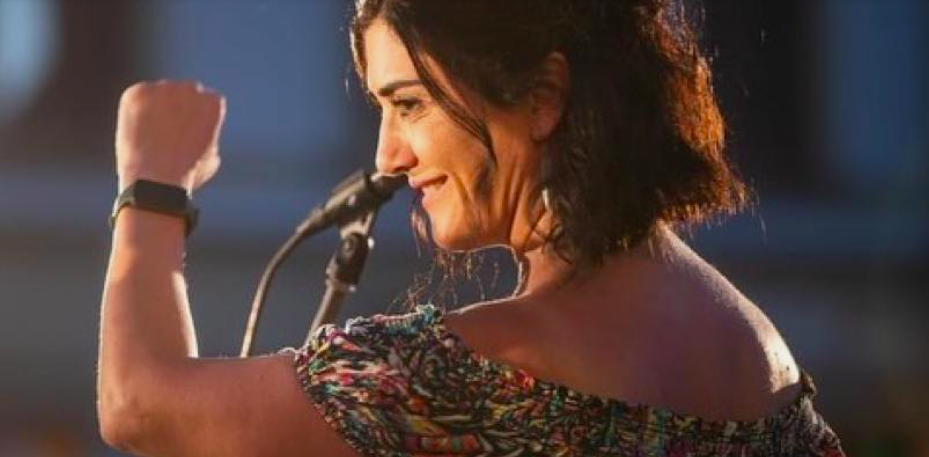

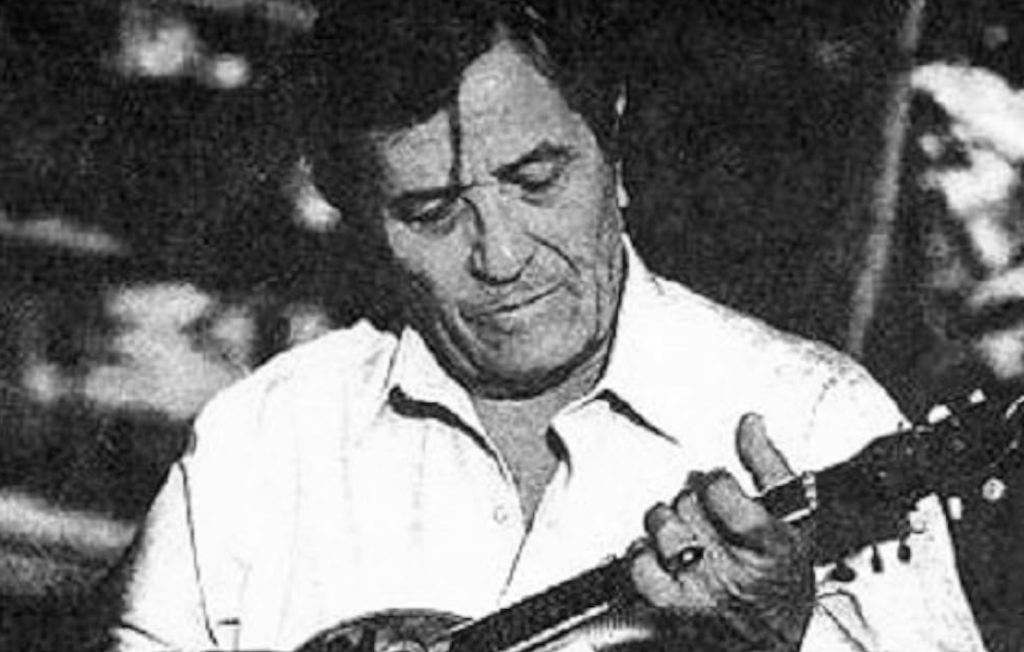

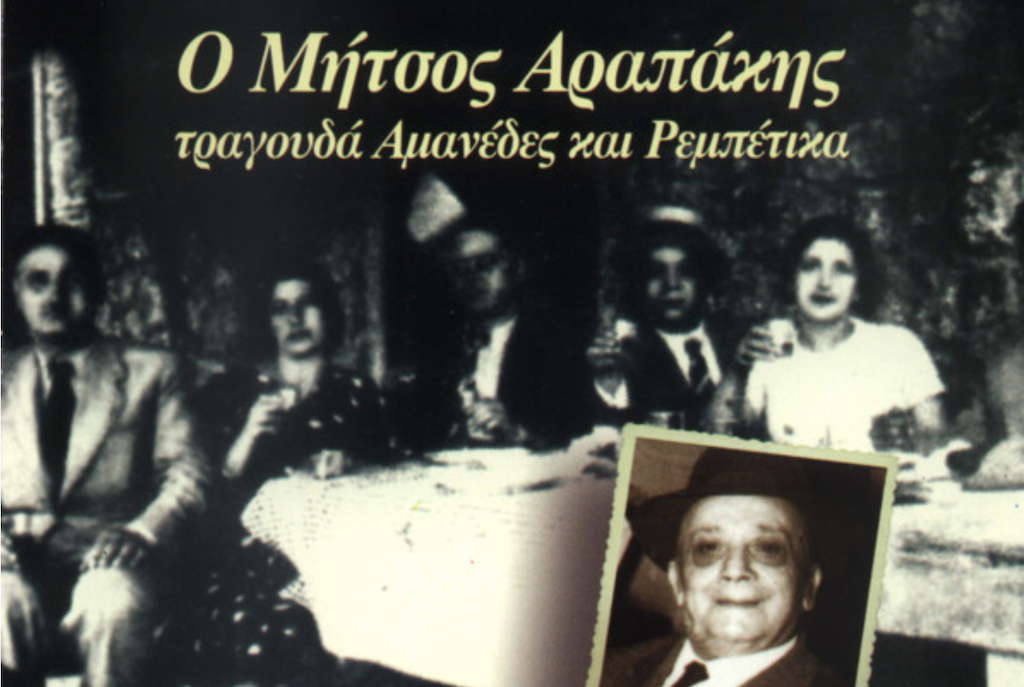

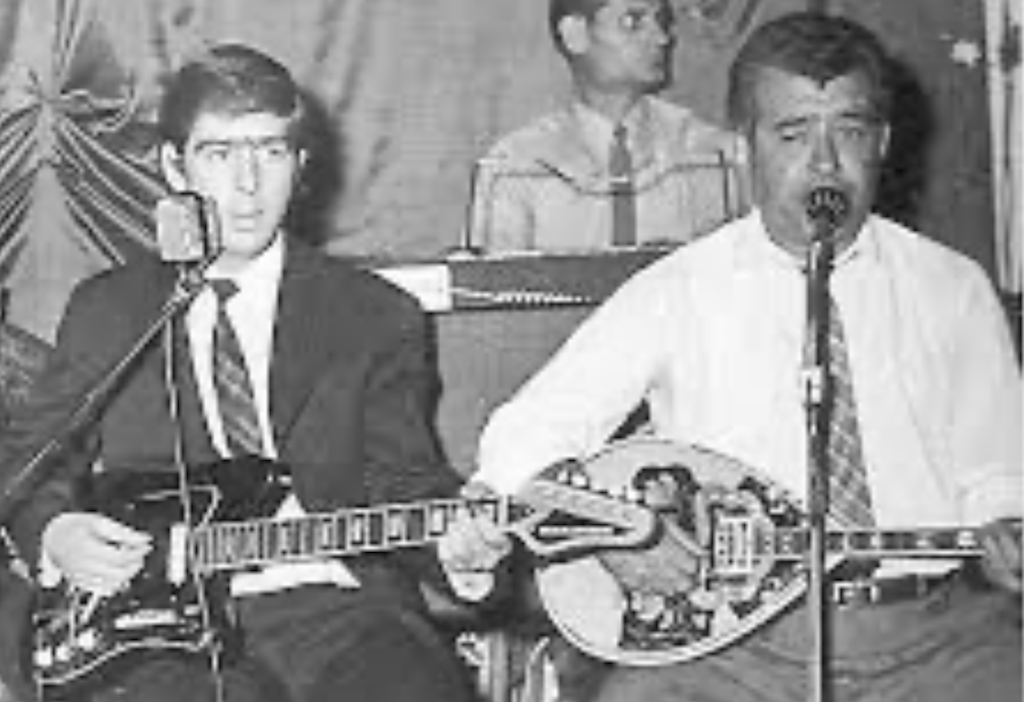
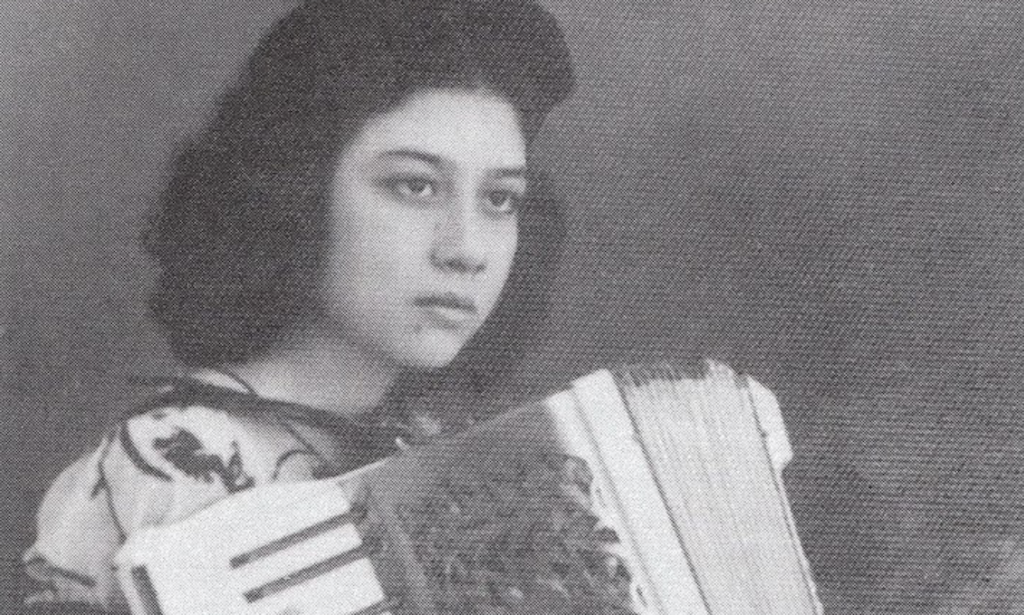
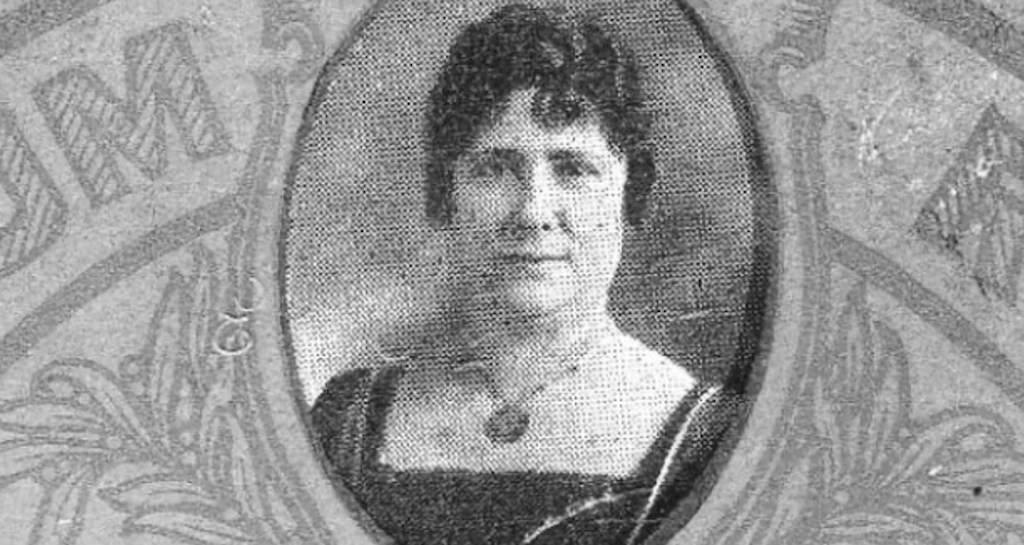


Leave a Reply